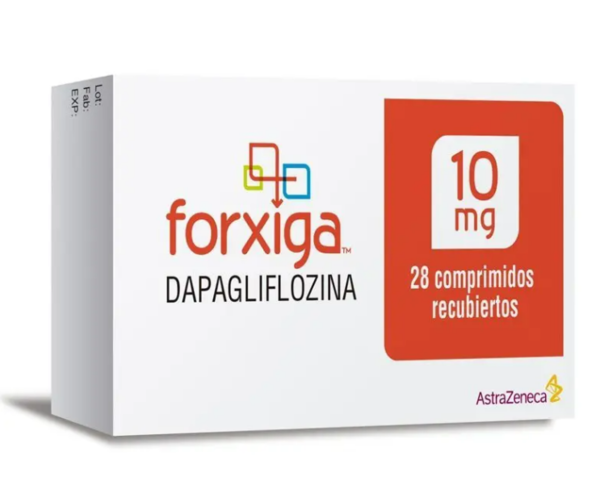AstraZeneca Korea announced on Monday its decision to halt the distribution of Forxiga (dapagliflozin) monotherapy, a sodium-glucose transport protein 2 (SGLT-2) diabetes drug, in Korea, effective from the first half of 2024.

The company stated that a more detailed schedule for the supply suspension will be determined after addressing measures for existing Forxiga users. Additionally, the company confirmed its commitment to continue supplying the dapagliflozin+metformin combination drug, Xigduo.
"We will stop supplying Forxiga in Korea from the first half of next year," said an AstraZeneca Korea official, adding that the decision was not related to the product's safety and efficacy. "Regarding this decision, we have started discussions with the health authorities, including patient protection measures, and we will do our best to minimize the inconvenience to patients and physicians."
The current stock of Forxiga monotherapy imported into Korea is enough for existing patients to use until the first half of next year.
Industry watchers said AstraZeneca's decision must have been driven by the launch of generics after Forxiga’s patent expiration in April and the Korean drug regulator’s push to reduce the price of the original drug following the release of generics.
Currently, there are more than 60 generic versions of Forxiga in Korea including Boryung’s Trudapa, Dong-A ST’s Dapapro, and Hanmi Pharm’s Dapalon.
Despite severe competition from generics, AstraZeneca Korea’s Forxiga sales have been solid. Forxiga’s prescription sales marked 51 billion won ($38.6 million) last year, and its revenue until the third quarter of this year was 42.2 billion won despite the patent expiration in April.
The government’s drug price reduction for Forxiga, scheduled for February next year, may have affected the latest decision, observers said.
When an original drug's patent expires in Korea, the Ministry of Food and Drug Safety (MFDS) actively seeks to lower the price of the drug. This is part of their efforts to promote competition and improve affordability of medications.
However, AstraZeneca filed an administrative lawsuit against this, resulting in the current price being maintained until next February, but the price is likely to drop by 30 percent from March next year as previously scheduled.
Who will benefit from Forxiga withdrawal?
With AstraZeneca’s decision to withdraw Forxiga monotherapy, the local competition among dapagliflozin manufacturers is likely to intensify to secure the 51 billion won market that Forxiga used to generate.
Original drugs such as Boehringer Ingelheim's Jardiance and Daewoong Pharmaceutical's Envlo could benefit from the Forxiga withdrawal.
Jardiance, an SGLT-2 inhibitor licensed in Korea for the treatment of type 2 diabetes and chronic kidney disease, ranked second with about 40 billion won sales in the diabetes drug market last year, next to Forxiga.
Envlo is the first SGLT-2 inhibitor diabetes treatment that Daewoong Pharmaceutical has succeeded in localizing in Korea, and showed bioequivalent or greater efficacy at just 0.3 mg, less than one-third the dose of existing SGLT-2 inhibitors.
In addition, generics such as Boryung's Trudapa and Hanmi Pharm's Dapalon could see their market shares rise, observers said.
Related articles
- Forxiga’s generic makers in Korea face advertising suspension
- AstraZeneca Korea appoints Chon Se-whan as Country President
- AstraZeneca vows to remove ‘cancer’ from the world’s leading cause of death
- AstraZeneca bets on genomic medicine
- AstraZeneca’s neurofibromatosis drug Koselugo gets insurance coverage
- AstraZeneca Korea expands indication for Ultomiris to treat generalized myasthenia gravis

